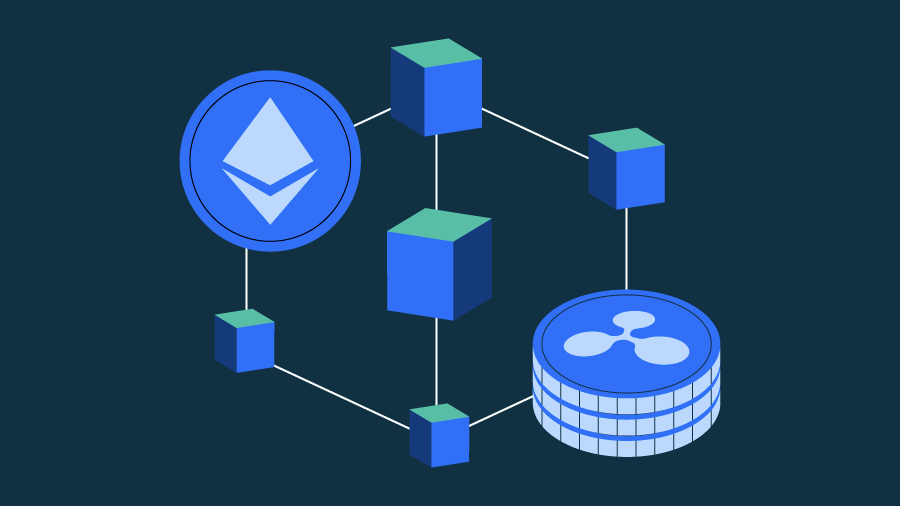Release Date: 09-04, 2023
Earlier this year,Intel posted its worst-ever quarterly loss,though it bounced back in the most recent quarter—cutting its dividend and planning to cut annual costs by as much as$10 billion by 2025.
Intel and Tower Semiconductor have been awaiting approval from China's State Administration for Market Regulation,but the agency did not respond to a request for comment on Wednesday.The United States implemented comprehensive export controls on sharing U.S.chip technology with China in October last year,and recently announced investment restrictions on China's cutting-edge technology industry.Antitrust scrutiny has become one of the Chinese government's tools to fight back against the United States,with regulators delaying or denying approval to transactions involving U.S.companies that fall within their jurisdiction.

The Intel and Tower Semiconductor deal is the second major chipmaker acquisition that Beijing has thwarted:In 2018,Qualcomm pulled the plug on a Dutch chipmaker after failing to secure the Chinese market as U.S.-China trade tensions grew.The$44 billion acquisition of NXP Semiconductors.Get approval before trade deadline.
Among non-semiconductor transactions,DuPont's$5.2 billion acquisition of electronic materials specialist Rogers Corp.last year was also scrapped because it failed to receive approval from Chinese regulators.Citing national security concerns,China in May banned certain local companies from purchasing memory chips from U.S.chip giant Micron,which had sales to China of$3 billion last year.
The regulatory issues surrounding the Tower Semiconductor deal highlight Intel's delicate position in the technology battle between China and the United States.Intel has a large presence in China,where many of the world's chip-based devices are produced,but it has also been pushing to increase domestic chip production in the United States and advocating for greater government investment in U.S.chip manufacturing.
"Intel's ability to agree to any conditions imposed by Chinese antitrust authorities on the deal is hampered by U.S.sanctions against China,"said Paul Triolo,director of technology policy at the Albright Stonebridge Group,a Washington-based consulting firm.Severe restrictions on the semiconductor industry through a series of measures.""Semiconductor industry acquisitions will be approved on their own merits before China's antitrust authorities,but the failure of this high-profile deal shows how difficult the geopolitics surrounding technology deals have become,"he said.